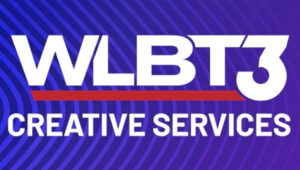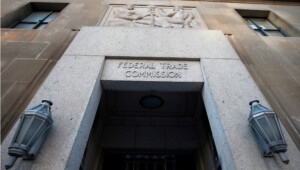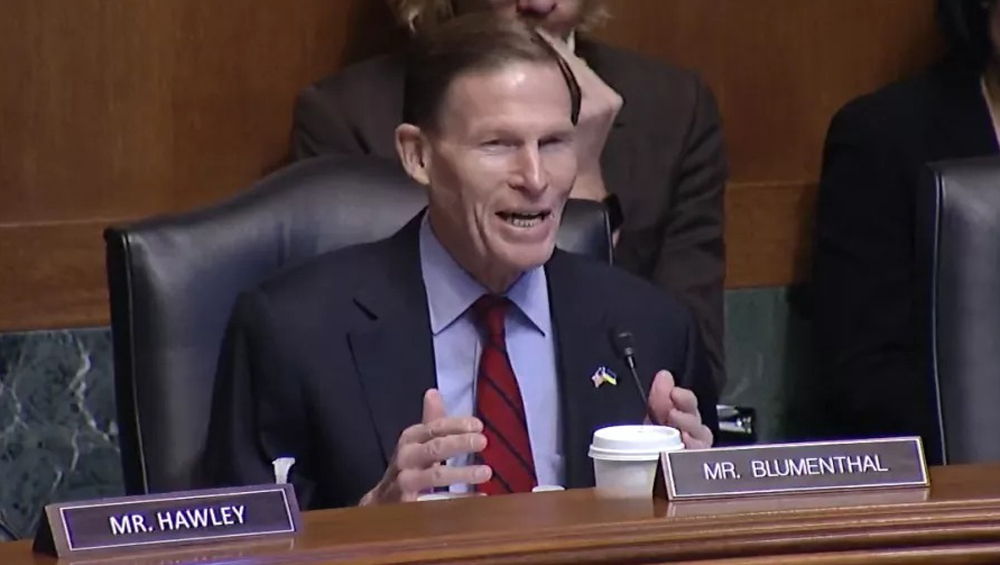
Citing some of the Justices in the recently argued Gonzalez case, Sen. Richard Blumenthal (D-Conn.), who chairs the Senate Judiciary Committee Privacy Subcommittee, said that there appears to be an “emerging concensus” that Congress has to do something abourt what he called an outdate construct that has led to toxic, algorithm-driven content. That came in his opening remarks in a hearing on Big Tech and Section 230 prompted by the Supreme Court oral argument in the case, which revolved around whether social media can be held liable for abetting terrorist speech.

The Supreme Court has officially weighed into the white-hot debate over how much Section 230 liability protection the law provides Big Tech for its online content organization and moderation efforts, and — if the justices’ questions are any gauge — that challenge as presented has a high hill to climb.
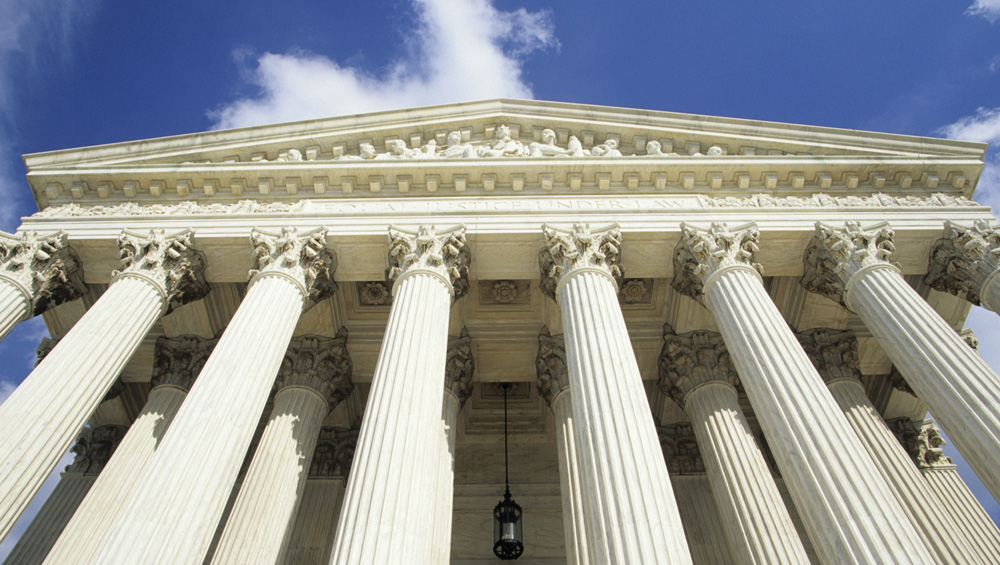
The justices are set to hear a case today challenging Section 230, a law that protects Google, Facebook and others from lawsuits over what their users post online.
A Supreme Court Case Could Decide The Fate Of The Modern Internet
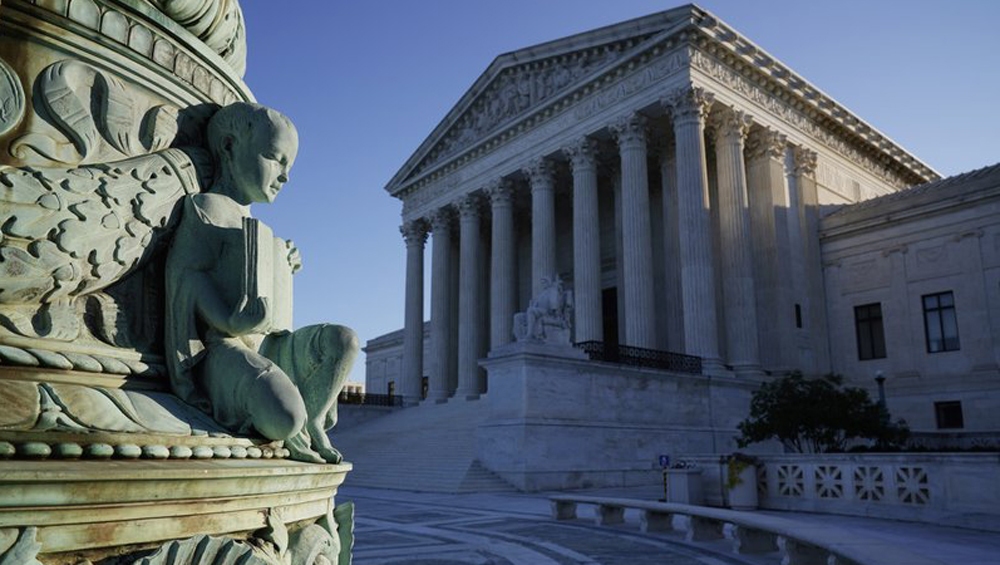
Section 230 of the Communications Decency Act has shielded internet giants and social media companies from legal liability for what users say on their platforms. But now, the Supreme Court is set to hear a case on Section 230, one that could fundamentally alter big tech’s business model.
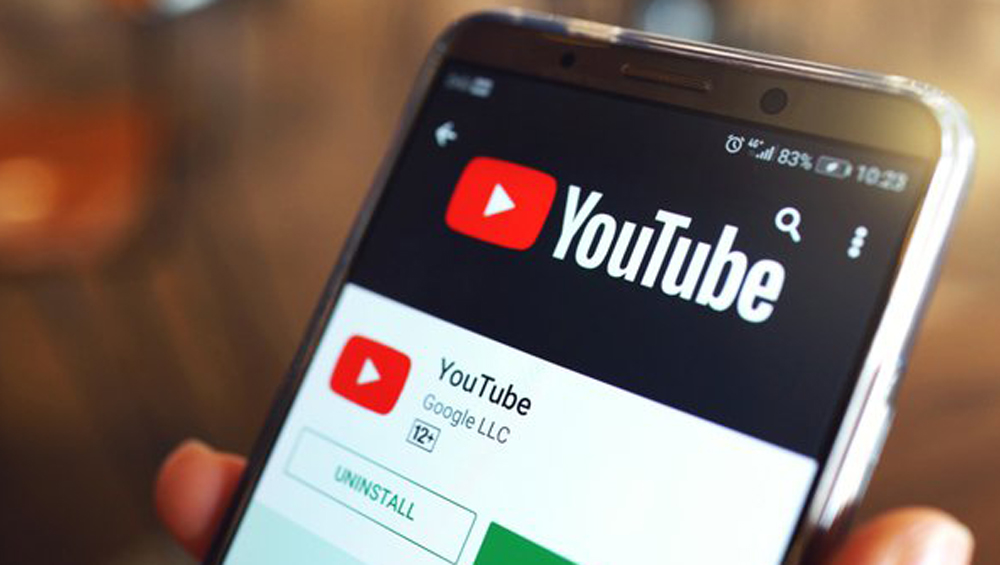
Siding with YouTube, the Biden administration is urging a federal judge to reject an attempt by video creators to invalidate Section 230 of the Communications Decency Act. The administration’s move comes in a lawsuit by Kimberly Carleste Newman and other content creators who say YouTube wrongly restricted and de-monetized videos with titles like “black lives matter,” “racism,” and “white supremacy.”
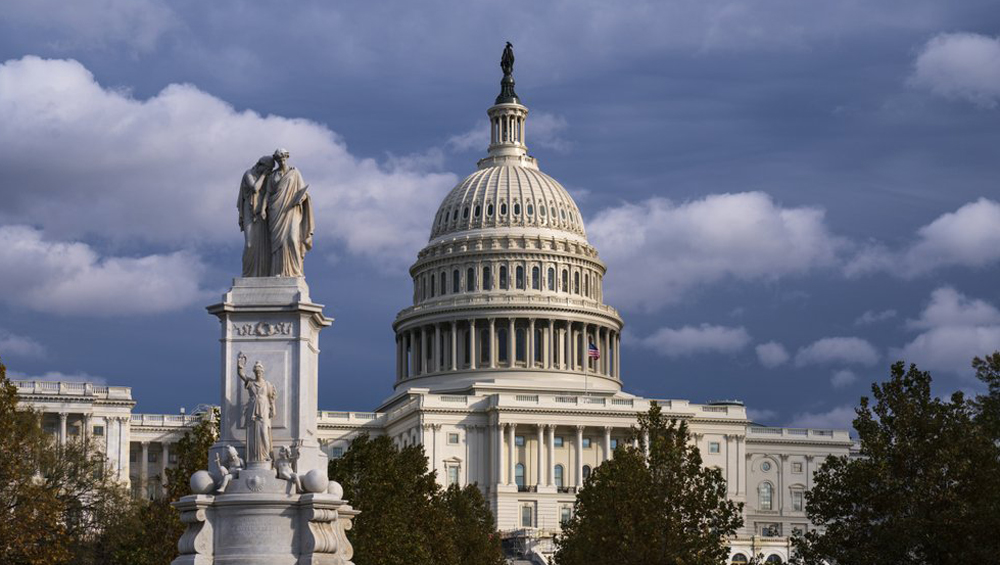
Democratic Sen. Brian Schatz and Republican Sen. John Thune on Wednesday rolled out a bipartisan bill that would increase “accountability” for Big Tech companies and enhance transparency regarding content moderation for users, in an effort to reform Section 230 of the Communications Decency Act. The bill, titled the Platform Accountability and Transparency Act and also known as the “PACT Act,” would preserve the benefits of Section 230 — a rule that shields social media companies from being held liable for content on their platforms while allowing them to moderate that content — while making “significant reforms” to protect Americans using the platforms.
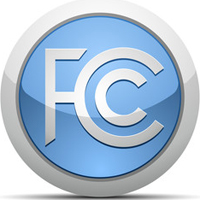
Acting FCC chair Jessica Rosenworcel didn’t make any big news at her first post-meeting press conference Wednesday, but she did confirm that she is still a fan of net neutrality rules and no fan of the Trump Administration petition to the FCC to regulate social media using Sec. 230.
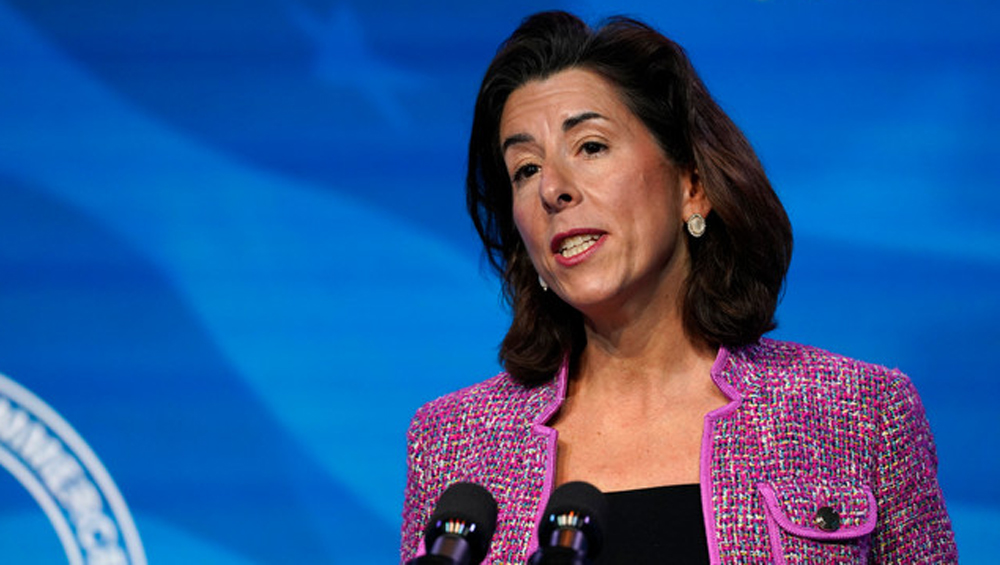
President Biden’s nominee to serve as the secretary of Commerce, Gina Raimondo, said Tuesday a controversial law that provides tech companies a legal liability shield from third-party content posted on their platforms needs to be reformed.
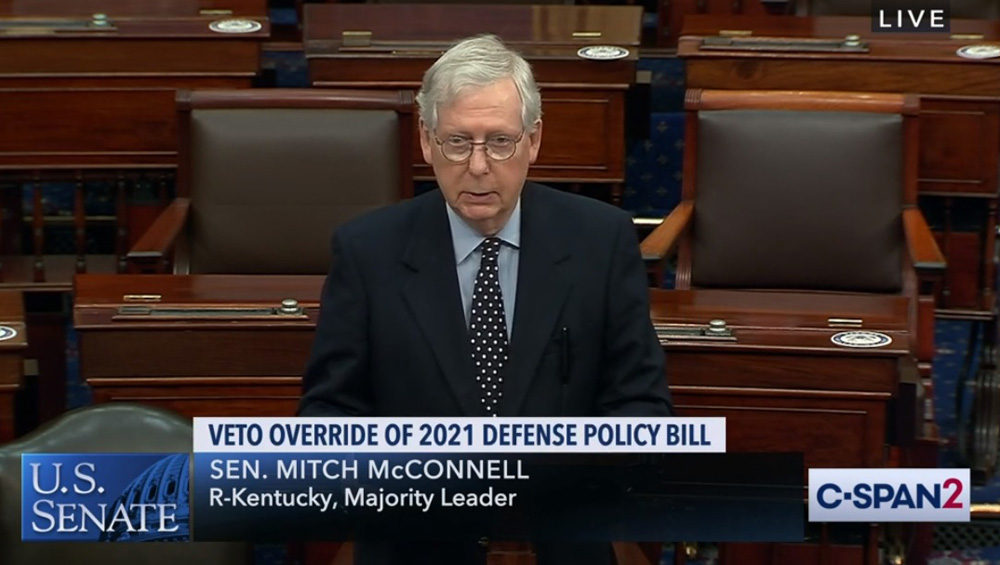
Senator Mitch McConnell (R-Ky.) signaled Wednesday that the Senate would not be voting on the House-passed Bill (HR 9051) providing $2,000 COVID-19 relief check — a figure suggested by President Trump — essentially adding the poison pill of Sec. 230 to any vote on such relief, something Democrats signaled they weren’t going to support.

Sen. Majority Leader Mitch McConnell (R-Ky.) said that this week the Senate “will begin a process” of bringing the priority of reviewing and potentially revising Section 230 “into focus.” That came in his opening remarks on the Senate floor Tuesday as the Senate prepared to vote Wednesday to override the president’s veto of the National Defense Authorization Act.
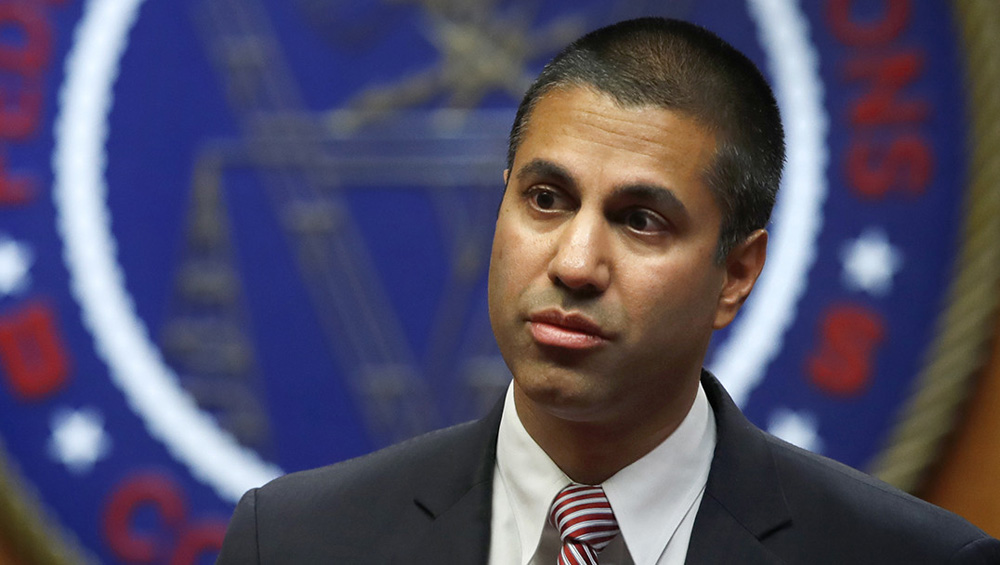
The FCC has run low on time to adopt an order trimming a liability shield for social media companies, leaving the fate of a request from President Donald Trump in doubt. Republican FCC Chairman Ajit Pai let slip a Wednesday deadline for setting a vote on the proposal at the next monthly meeting of the agency, which is scheduled for Jan. 13 and is the last before he leaves the commission a week later.
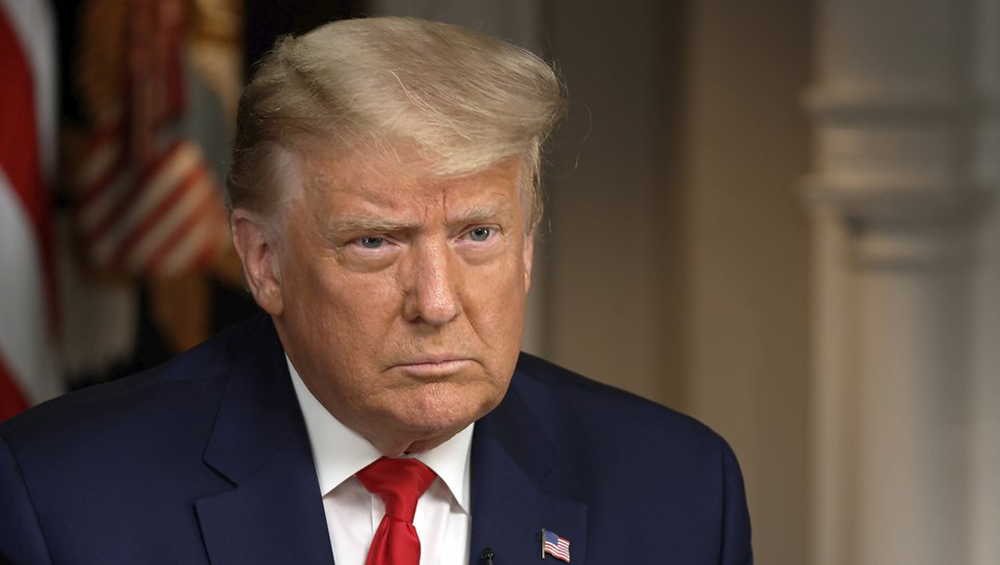
Donald Trump followed through on a threat to veto a major $740 billion defense bill, in part because it does not repeal a key law that shields social media platforms from liability for the way that they moderate third-party content. Trump’s rejection of the law had been anticipated, as Congress is planning to return next week to take a possible vote to override the veto.

Sen. Lindsey Graham (R-S.C.) has introduced a bill that would sunset social media networks’ Sec. 230 immunity from civil liability for third-party content moderation. The sunset would not come until Jan. 1, 2023, so the bill is more like a spur to some kind of reform to the section between now and then.
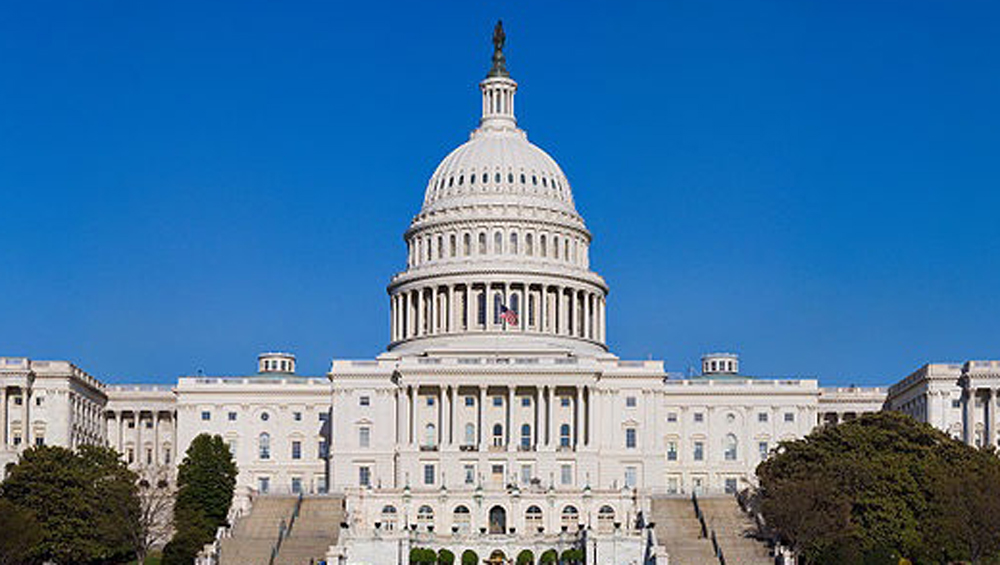
Rejecting a demand by President Trump, the Senate on Friday passed a defense-spending bill that doesn’t include a repeal of Section 230 of the Communications Decency Act. The House voted in favor of a similar defense-spending bill earlier in the week. Both chambers passed the bills with veto-proof majorities.
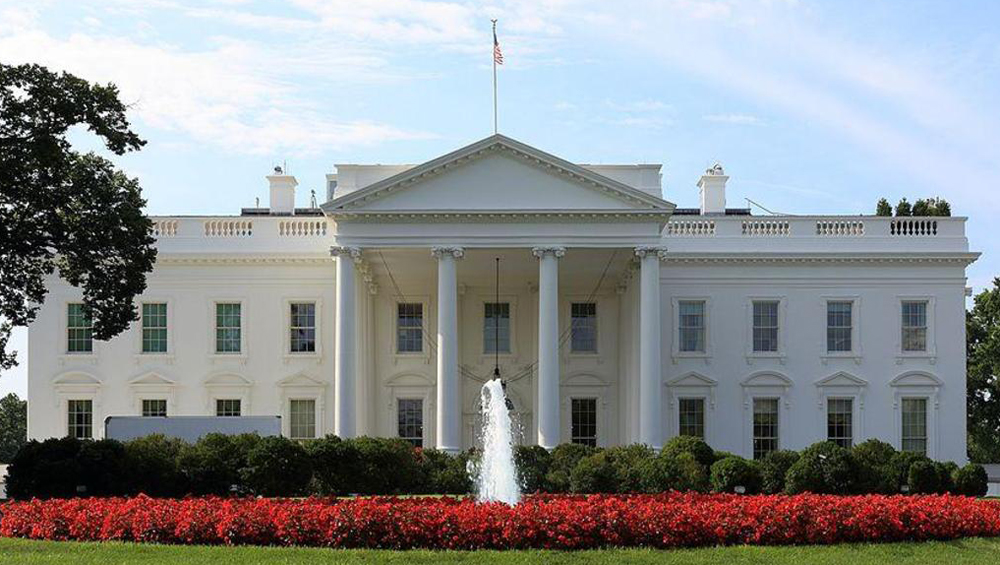
On Twitter Tuesday night, Trump took aim at Section 230 of the 1996 Communications Decency Act, which protects companies that can host trillions of messages from being sued into oblivion by anyone who feels wronged by something someone else has posted — whether their complaint is legitimate or not. He wrote: “If the very dangerous & unfair Section 230 is not completely terminated as part of the National Defense Authorization Act (NDAA), I will be forced to unequivocally VETO the Bill.”
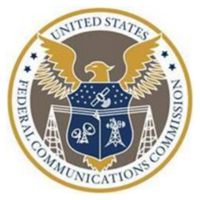
FCC General Counsel Tom Johnson took to the FCC blog Wednesday to defend the conclusion that the FCC has the authority to clarify ambiguities in Section 230 of the Communications Decency Act, including limiting it if the commission votes to do so.
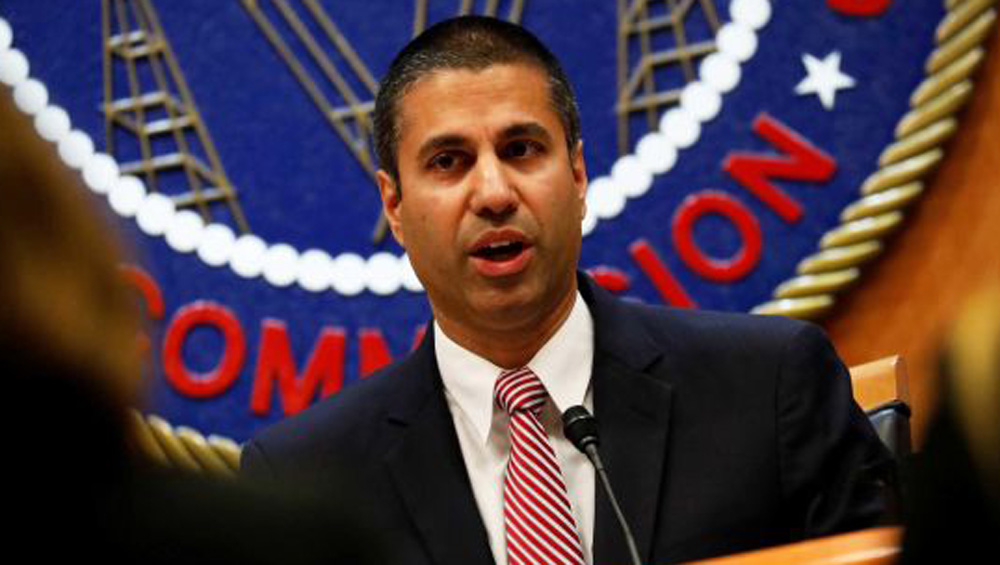
House Democrats blasted FCC Chairman Ajit Pai on Monday over his announcement that the commission would move forward with the Trump administration’s petition to clarify the meaning of a law that grants tech companies a legal liability shield over content posted on their websites by third parties. Democratic leaders on the House Energy and Commerce Committee accused Pai of attempting to help a “flailing President Trump” through his decision to move forward with the administration’s push to clarify Section 230 of the Communications Decency Act.

FCC Chairman Ajit Pai has signaled he plans to follow President Trump’s lead and “clarify” Section 230 of the Communications Decency Act. He also says he has been assured by FCC lawyers that the FCC has the authority to do so. ““As elected officials consider whether to change the law, the question remains: What does Section 230 currently mean?,” Pai said in a statement. “[M]any advance an overly broad interpretation that in some cases shields social media companies from consumer protection laws in a way that has no basis in the text of Section 230. The commission’s General Counsel has informed me that the FCC has the legal authority to interpret Section 230. Consistent with this advice, I intend to move forward with a rulemaking to clarify its meaning.”
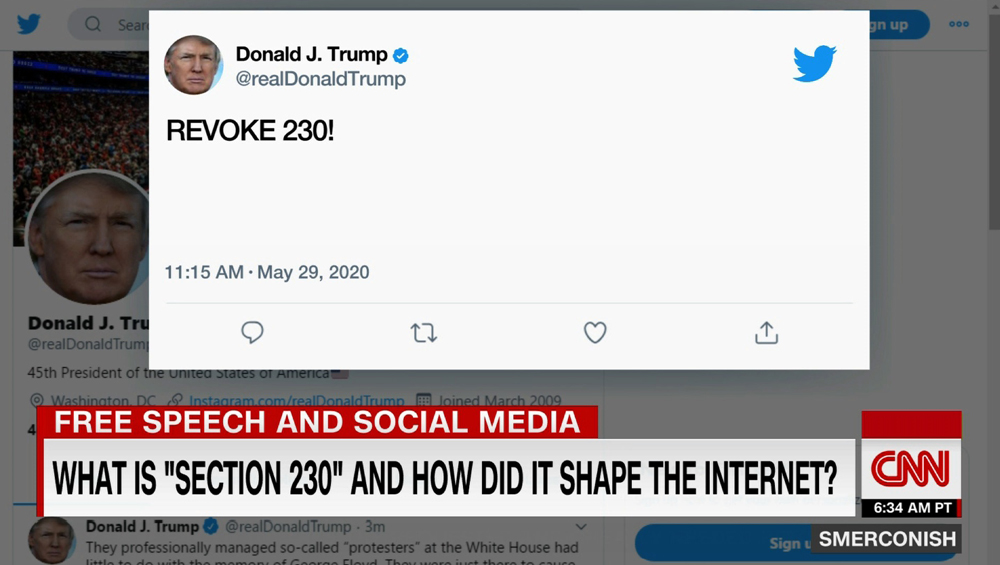
The debate over censorship and Section 230 of the Communications Decency Act is thorny, contentious and outdated.
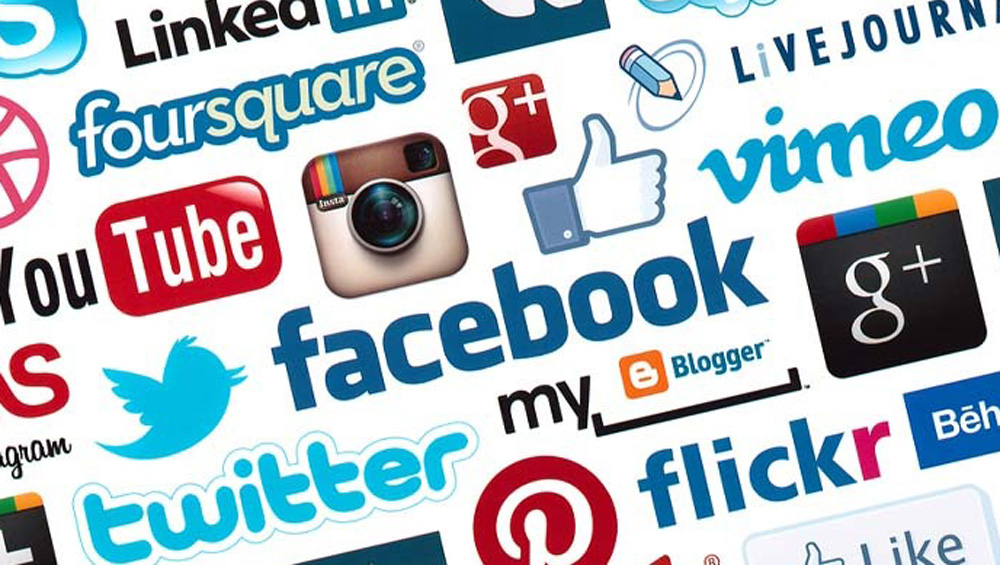
Here’s a look at what Section 230 of the Communications Decency Act is, and the practical implications of the loss of its protections would have for online services. The implications include the potential for even greater censorship by these platforms of what is being posted online — seemingly the opposite of the intent of the Executive Order triggered by the perceived limitations imposed on tweets of the president and on the social media posts of other conservative commentators.


